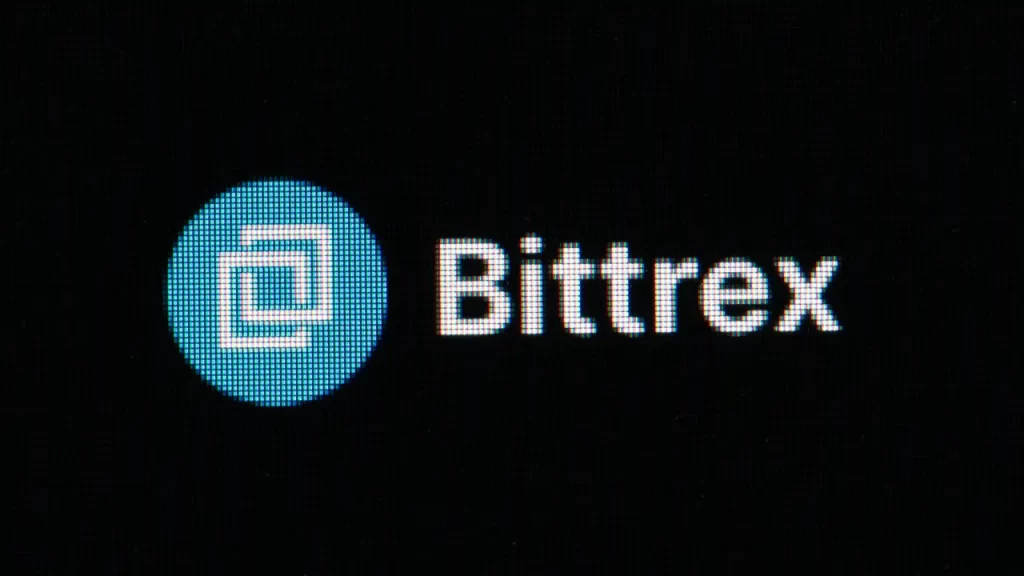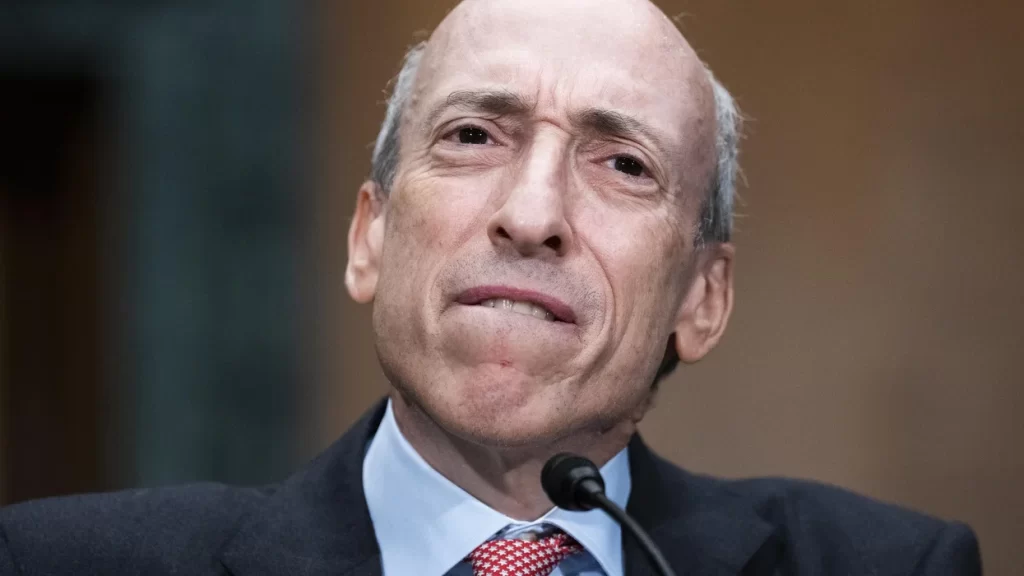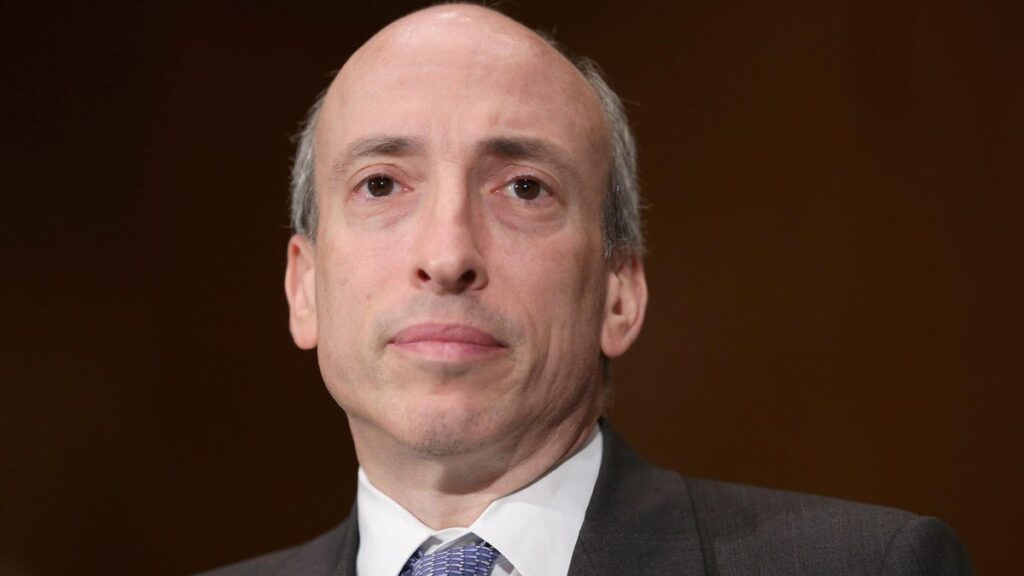On-chain derivatives are predicted to experience significant growth in the decentralized finance (DeFi) sector, according to Henrik Andersson, the Chief Investment Officer of Australian crypto investment firm Apollo Crypto.
In an interview with Cointelegraph, Andersson highlighted the increasing popularity of decentralized spot trading as a catalyst for the growing demand for decentralized derivatives.
Andersson emphasized that while decentralized spot exchanges have been gaining market share from centralized exchanges for the past six years, decentralized perpetuals and futures trading are relatively new, presenting a high-growth opportunity for on-chain derivatives.
This trend has been further accentuated by the surge in daily trading volume on decentralized exchanges (DEXs) during the memecoin frenzy in May, which briefly surpassed that of established centralized crypto exchanges like Coinbase.
Additionally, the trading volumes on DEXs spiked by over 400% following regulatory actions against Binance and Coinbase in June.
READ MORE: Law Firm Seeks Huge Compensation From Voyager Digital’s Creditors
Andersson revealed that Uniswap, a leading DEX, has been trading more daily volume than Coinbase over the past year, and DEXs have been steadily gaining ground in terms of overall market share.
He pointed out that monthly spot trading volumes on DEXs have exceeded $50 billion.
Furthermore, Andersson anticipated that the trend of futures-heavy trading seen in centralized exchanges would also be replicated in DeFi, making on-chain derivatives the best product-market fit for the DeFi space in years.
He noted that futures trading accounted for nearly 80% of the entire crypto market’s trading volume on centralized exchanges in June.
In addition to on-chain derivatives, Andersson mentioned two emerging market sectors that have caught his attention.
The first is NFTFi, which combines non-fungible tokens (NFTs) and DeFi, enabling investors to rent, borrow, fractionalize, create derivatives, and establish prediction markets based on NFTs.
Andersson believed that NFTs would be utilized for a wider range of functions within the DeFi space due to their strong investment narrative.
The second emerging theme mentioned by Andersson is LSDFi, which leverages liquid staking derivative (LSD) tokens, such as Lido Staked ETH (stETH) and Rocket Pool ETH (rETH), allowing investors to borrow, speculate, and hedge against their LSD tokens.
The popularity of LSDs has grown rapidly, with LSD protocols surpassing DEXs in terms of total value locked (TVL) after Ethereum’s Shapella upgrade.
Andersson acknowledged the need to address the issue of centralization among certain staking providers in the LSD space and called for a more balanced array of protocols to ensure a diversified environment.
In conclusion, Andersson’s insights highlight the potential of on-chain derivatives as a significant growth sector within DeFi.
He also recognized the emerging sectors of NFTFi and LSDFi as areas of interest, indicating their potential impact on the DeFi landscape.










